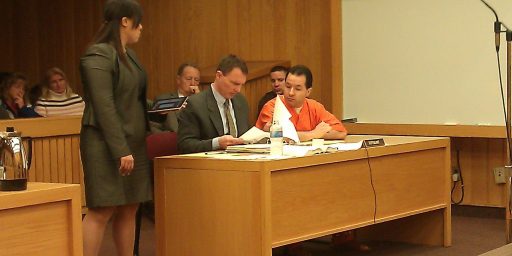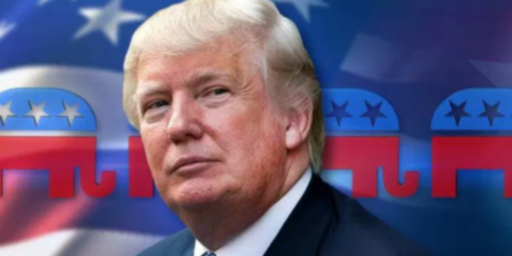New President in Costa Rica
Via the BBC: Leftist Luis Solis wins Costa Rican presidential poll
Luis Guillermo Solis of the centre-left Citizen Action Party (PAC) has won the presidential election in Costa Rica.
With almost all the votes counted, Mr Solis had 78%.
He had been expected to win after his rival – governing party candidate Johnny Araya – had stopped campaigning after opinion polls suggested Mr Solis had an unassailable lead.
[…]
Mr Araya, whose name remained on the ballot even after he pulled out, got 22%.
Two items of interest to those who pay attention to parties and elections:
Mr Solis’s win breaks with the traditional two-party system which has dominated in Costa Rica for decades.
[…]
Forty-three percent of the electorate abstained, the highest rate in the past 60 years.
On the second point, the lack of competitive election explains the depressed turnout. Although from a US POV it is striking that we would be quite pleased by such numbers in a competitive contest.





Also fascinating is that Latin America continues to elect politicians on the economic left, bucking the global trend for the last 30 years.
@Ben Wolf: Actually, it has been left and right.** The pendulum swings.
**some countries are more left than right, or more right than left, and the pendulum tends to swing further in that direction. Recent history tends to support your statement, but go back 15-20 years.
@OzarkHillbilly: @Ben Wolf:
It also depends on definitions of left and right.
For example, the left in Chile and Brazil are different in important ways than the left in Venezuela, Bolivia and Ecuador.
Colombia is right-leaning. Mexico’s presidents from 2000-2012 were center-right.
Chile’s previous president was from the center-right.
In general, the popularity of more left-ward parties and politicians stands to reason given the ongoing and deep poverty in the region.
@Steven L. Taylor: I would define “economic left” as a candidate who does not adhere to the principles of the Washington Consensus and typically rejects the advice of the IMF.